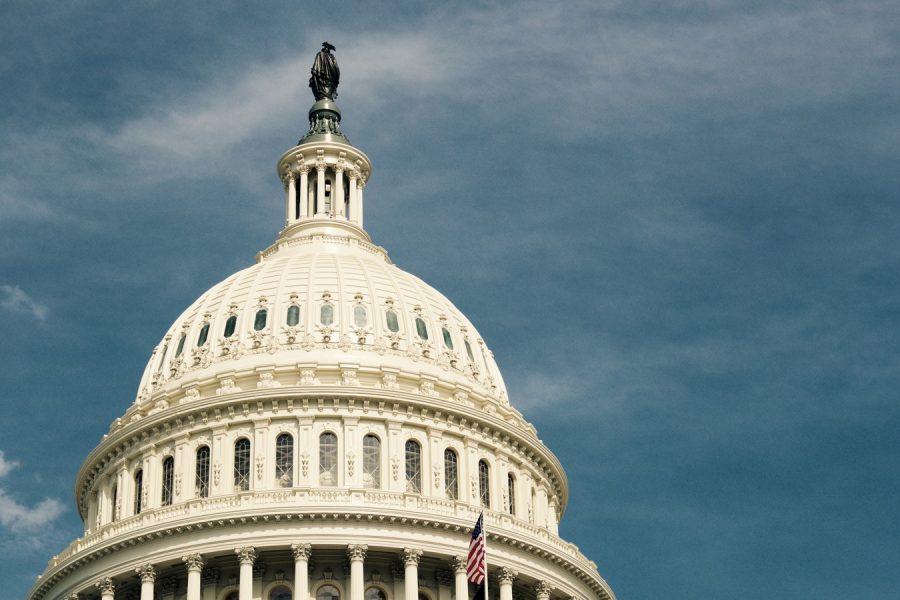Resources - Blog
What FBA Sellers Need to Know About Amazon Collecting Washington Sales Tax

Stay on top of the latest e-commerce and marketplace trends.
Earlier this month, Amazon started collecting sales tax from Washington buyers on behalf of 3rd party sellers. What does this mean for Amazon FBA sellers? Let’s have a look.
Why will Amazon begin collecting sales tax from Washington buyers?
Amazon made this decision in response to Washington’s new “marketplace facilitator law.” While Amazon currently collects sales tax from Amazon.com customers, until now they maintained that they were not responsible for collecting sales tax on behalf of 3rd party sellers. However, Washington’s new law changes the rules and requires some online marketplaces that meet specific criteria to collect sales tax on behalf of buyers who list products for sale.
What changes for Amazon FBA sellers?
Filing a Washington sales tax return will now become easier for Amazon sellers. While sellers are still required to file a sales tax return and Washington Business and Occupation (B&O) tax return, they are no longer required to break down Amazon sales by city, county and special taxing district on those returns.
Instead, when filing a Washington sales tax return, sellers are only required to include the total amount of sales tax that Amazon collected on their behalf on the return. This means no longer breaking down your Amazon sales by city, county and special taxing district. Instead, when filing a Washington sales tax return, the Washington Department of Revenue advises filers to include the amount of sales tax Amazon collected on their behalf as an “Other” deduction. The Washington DOR also advises labeling that deduction “sales tax remitted by third-party.”
What stays the same for Amazon FBA sellers?
While this will cause a couple of major changes as detailed above, Amazon FBA sellers will find that not much else has changed when it comes to Washington sales tax.
Amazon FBA sellers are still required to register for a Washington sales tax permit if they have sales tax nexus in Washington. (You can read what Washington’s tax law says creates sales tax nexus here.) Storing inventory in an Amazon fulfillment center still creates Washington sales tax nexus.
Multichannel sellers will still be required to collect and remit sales tax on their non-Amazon sales. For example, say you sell on Amazon FBA and also have your own store powered by the Magento shopping cart. If you store items for sale in an Amazon fulfillment center in Washington, you are still considered to have nexus in Washington and are required to collect sales tax from the customers you sell to through your Magento store.
Amazon FBA sellers are also still required to file Washington sales tax returns and the corresponding Washington Business & Occupation (B&O) tax returns (these are filed at the same time). Amazon sellers are also still required to pay the approximately half percent B&O tax on your gross sales to buyers in Washington.
Multichannel sellers are also required to break down any non-Amazon sales by city, county and other special taxing districts on your Washington sales tax return.
As you can see, though some things have changed, it’s mostly business as usual when it comes to FBA sale tax and Washington state.
Further Washington Sales Tax Resources:
Learn what Feedvisor can do for your business.
When you partner with Feedvisor, you automatically receive access to our true, AI-driven technology and hands-on team of e-commerce experts. Contact one of our team members today to learn more about our end-to-end solution for brands and large sellers on Amazon, Walmart, and e-marketplaces.
